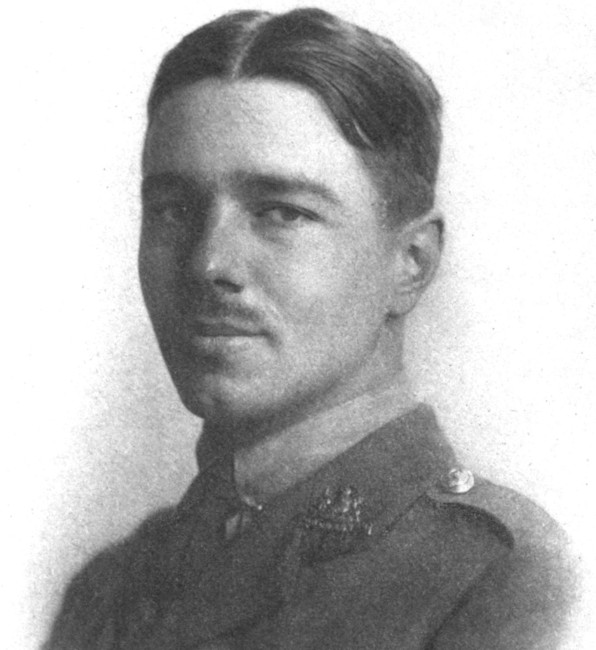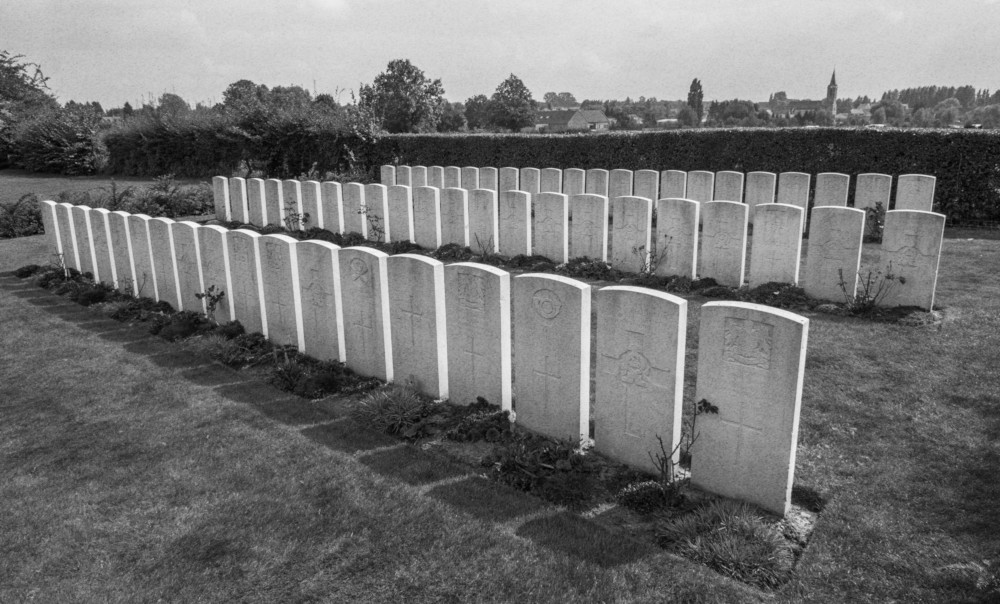Wilfred Owen
The Poetry and Pity of War

It is not often that a single writer is able to clearly and unflinchingly represent the world he inhabits in the confines of rhyme and meter. To intimately show in its fullest depth and breadth the horror of a war unlike any other in our histories, succeeding even now when it is quickly removed from its crushing weight by the fog and amnesia of time, Wilfred Owen relied on two simple principles—Truth and Pity.
His voice is a great and piercing strike into a world of dirt, powder, death, and futility. It reaches into the depths of the trench, dwelling on mud and the corpse, but rises still to soar above a wretched earth in search of beauty, truth, hope.
The search was ended far too early. Wilfred Owen was killed in action at the age of 25, having written the main body of his now famous poetry in little more than two years. A man who survived direct trench mortar fire and suffered shellshock chose to return to the front that so clearly crushed his soul. Owen believed that the only through more direct experience with the horror of the war could he hope to speak with a voice to reveal its true, horrific reality to those who remained uncomprehending at the home front.
The decision would cost him his life, exactly one week before Armistice Day.

Owen was buried in the Ors Communal Cemetery (pictured above) in France’s Nord region, among 58 other casualties. This website seeks to reflect his poetry by focusing on both the life of the poet and the experience of the bloodstained and broken masses he so brilliantly and harrowingly spoke of. His story is not merely the story of a single man, but the story of a world tearing itself into pieces over the course of four years.
It would be a disservice to Owen’s memory to speak only of his suffering and hope. The voice of the Lost Generation was buried among 58 other victims of The Great War, but his poetry lives with brilliance and rage among the memory of the millions upon millions of lives stolen by “the war to end war”.
These lives were a lesson, and we can never be forgiven for our forgetting.
"Courage was mine, and I had mystery;
Wisdom was mine, and I had mastery."
Strange Meeting (1918)
